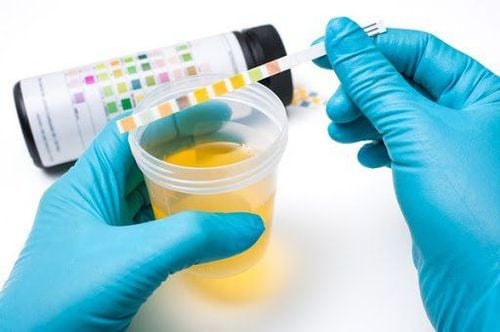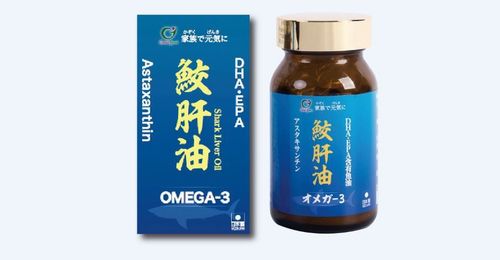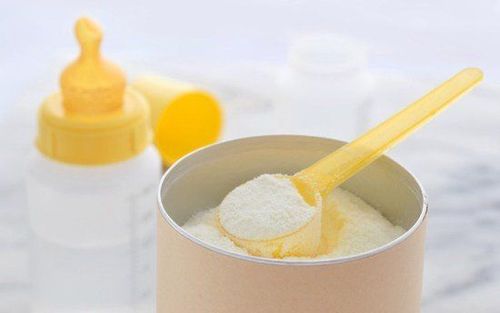This is an automatically translated article.
The article was professionally consulted by MSc.BS.Huynh Bao Toan - Neonatologist, Vinmec Nha Trang General Hospital. The doctor has 13 years of experience in the field of Pediatrics.Infant formula is used in cases where the mother is not able to breastfeed. Therefore, finding out and choosing the right milk products for your baby is extremely important.
Question 1: What is formula milk? According to the Food and Drug Administration (FDA), formula is a food that is meant to be or is it represented as a special diet. Or is it an infant food for the reason that it is necessary to simulate breast milk so that milk compatibility can be complete or partial replacement of breast milk.
In addition, the Food and Drug Administration (FDA) also regulates infants as babies no more than 12 months old.
Question 2: How does the FDA regulate infant formula? Because infant formula is a food, the laws and regulations governing food also apply to infant formula. Additional statutory and regulatory requirements for infant formula are often used as the sole source of nutrition. Because most children are vulnerable during critical periods of growth and development.
Question 3: Does the FDA have nutritional specifications for infant formula? Infant formula has nutritional specifications. These specifications include minimum amounts for 29 nutrients and maximum amounts for 9 of those nutrients. If infant formula does not contain these nutritional ingredients at average or above minimum levels or within specified ranges, it is considered adulterated. Unless the recipe is exempt from certain nutritional requirements.

Formula products that are exempt from certain nutrients are often labeled and are used in special cases of infants such as infants born with metabolic or low birth weight or with other health problems. medical topic.
Question 4: Does the FDA approve infant formula before it is marketed? The FDA does not approve infant formula products before they are marketed. However, all infant formula marketed in the United States must meet federal nutrition requirements, and infant formula manufacturers must notify FDA before marketing a product. New formula milk.
If the infant formula manufacturer does not provide the necessary information and assurance required in the new product category notification to the FDA, it may be adulterated.
Question 5: How do parents know to choose formula milk for their children There are many formula milk products on the market, so young parents also have many choices of suitable products for their children. However, young parents should seek advice from a newborn care specialist or pediatrician to get more useful information to help the process of choosing milk for their baby be more appropriate and effective.
Question 6: Do formula-fed babies need vitamin and mineral supplements Infant formula-fed babies don't need any extra nutrients unless they're drinking low-nutrient formula iron. If infants are given low-iron formula, child care professionals may recommend a supplemental source of iron, especially after 4 months of age.
FDA nutritional specifications for infant formulas are set at a level that meets a baby's nutritional needs. However, manufacturers that set nutritional levels for their products need to state that the information on the product label is higher than the minimum required by the FDA. Furthermore, they are able to add nutrients at a level that ensures that their formula meets the requirements for the entire shelf life of the product.
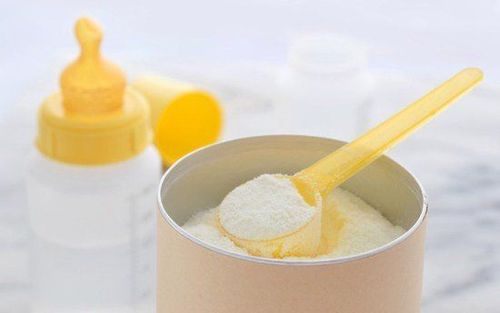
Question 7: Is infant formula different in nutritional composition with brand-name formula? All infant formula marketed in the United States must meet the nutritional specifications listed in FDA regulations. Infant formula manufacturers may have brand-specific formulas, but their products must contain at least a minimum of all the nutrients specified in the FDA Regulations. Furthermore, these products should also not exceed the maximum specified by the FDA, unless this maximum is indicated for specific circumstances.
Question 8: Some ingredient claims on infant formula labels include ingredients in addition to nutrients as well as familiar ingredients such as milk. Why are these ingredients added to infant formula? Liquid and condensed formulas often contain ingredients such as lecithin, carrageenan, monoglycerides and diglycerides added to ensure that the formula does not stick together during use.
Question 9: What does the “use by” date mean on baby formula product labels The “use by” date on baby formula labels is the date selected by the manufacturer based on tests testing and information to inform retailers and consumers about the quality of infant formula. Until that date of declaration, infant formula will contain no less than the amount of nutrients declared on the product label.
The “use by” date is required by FDA regulations on each can of formula.
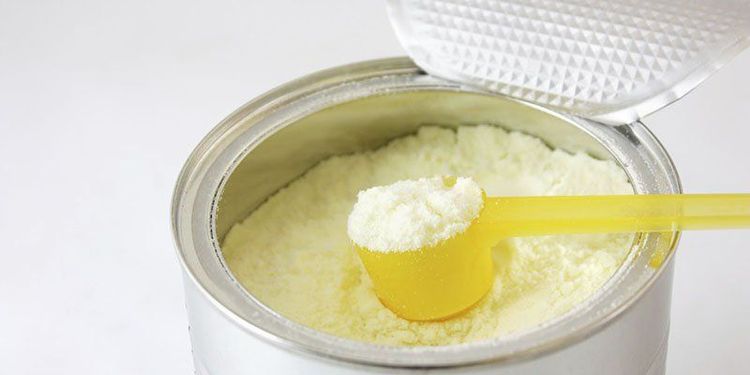
Question 10: What is fake infant formula. How to avoid buying these products. Counterfeit infant formulas are infant formula products that have been diverted from the normal distribution channel as well as being relabeled. These products are falsely labeled to falsify nutritional specifications and quality.
Infants using fake milk products will have difficulty tolerating the ingredients in the products. In addition, there can be serious health consequences. To protect infants, parents or caregivers should always observe milk for changes in color, odor, and taste. Also, check the batch number, use-by date on the box, check if the box is damaged...
Question 11: I see bottled water marked for use in preparing infant formula. born. What does that mean? Infant formula manufacturers provide instructions for mixing their products with water and often do not specify an external source of water to ensure that the water used for the milk is safe.
In most situations, to keep the formula safe during the mixing process, some water companies make available bottled water products to carry out the process. At that time, on the label of formula milk, manufacturers will mark the water label for baby's milk products. The country must meet the same standards established for tap water by the Environmental Protection Agency. The label must also indicate that the bottled water is not sterile. As with tap water, consumers should boil bottled water before mixing it with infant formula. Furthermore, water that is disinfected by the manufacturer and intended for use in infants must meet certain stringent FDA standards.
Question 12: Is there an approved homemade formula for babies? The FDA regulates marketed infant formulas, which are sold in liquid and powdered forms, but does not regulate prepared formulas for homemade dairy products.
However, great care must be taken when making the decision to make infant formulas at home, and safety should be a top concern. The potential problems associated with errors in the selection and combination of ingredients for formula are very serious and range from severe nutritional imbalances to unsafe products that could harm babies. new-born. Because of these very serious health concerns, the FDA does not recommend that consumers make their own infant formula at home.
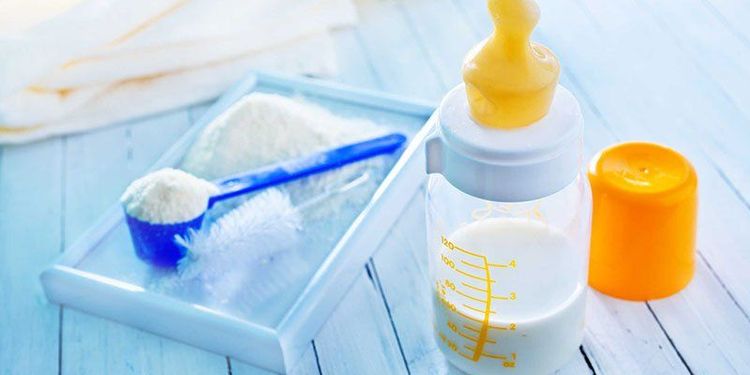
Question 13: I see formulas on the market that often contain ingredients and ARA. What are these substances? DHA is docosahexaenoic acid and ARA is arachidonic acid. Both are polyunsaturated fatty acids with double and triple bonds. The body can make DHA and ARA from certain dietary fatty acids such as vegetable oils and other sources. However, DHA and ARA are also consumed directly in the diet.
Question 14: Which foods contain the fatty acids DHA (docosahexaenoic acid) and ARA (arachidonic acid)? DHA is found in varying amounts in fish oils, and in higher concentrations in cold water fish oils. DHA and ARA are also found in some algae and fungi, eggs, and breast milk. Some manufacturers make dietary supplements that contain DHA and ARA.
Question 15: Why is there an interest in adding DHA and ARA to infant formula? Although infants can make these fatty acids from other essential fatty acids in the diet, including those in infant formula. Some research suggests that infants, such as those born prematurely, may benefit from direct consumption of these fatty acids.
Long-chain polyunsaturated fatty acids (especially DHA) accumulate in the brain and eyes of the fetus, especially during the third trimester of pregnancy. Furthermore, these fatty acids are also found in breast milk fat. Blood levels of DHA and ARA in breastfed infants are generally higher than in formula-fed infants that do not contain these fatty acids. For these reasons, some infant formula manufacturers and consumers are interested in providing DHA and ARA directly to infants.
Question 16: What evidence shows that adding DHA and ARA to infant formula is beneficial? Several studies in infants suggest that including these fatty acids in infant formula may have a positive effect on visual function and neurodevelopment in the short term. However, a few other studies in infants have not confirmed these benefits.
There are currently no published reports from clinical studies mentioning any long-term beneficial effects.
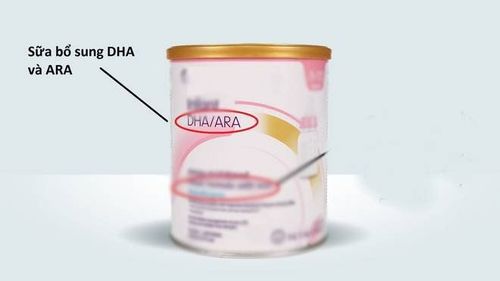
Question 17: I understand that oils containing DHA and ARA have been added to infant formula in other countries. However, is there no information from other countries on the long-term benefits or adverse consequences of formulas containing these fatty acids?
Monitoring systems are not in place to collect information on the effects of formulas containing DHA and ARA, where these countries are using them.Q18: Why does the FDA require manufacturers to perform post-marketing surveillance for infants consuming formula containing ARA or DHA?
These are new ingredients that are not used in infant formulas in this country and infant formulas containing ARASCO (ARA Single Cell Oil) and DHASCO (DHA Single Cell Oil) have been sold in other countries in just a few years.
Pre-marketing clinical studies evaluating the effects of infant formula containing DHASCO and ARASCO on physical growth were short-term studies, while some studies were limited. showed that giving infants oil-based formulas containing DHA and ARA may have long-term effects on growth and development. For all these reasons, manufacturers have been asked to closely monitor these new infant formulas on the market.
Question 19: How can a problem or illness caused by infant formula be reported?
If a consumer has a general complaint or concern about a food product including infant formula, the FDA is the appropriate agency to contact. These issues, complaints or concerns may be reported in writing or by phone or by Email.
As a key area of Vinmec Health System, Pediatrics Department always brings satisfaction to customers and is highly appreciated by industry experts by:
Gathering a team of top doctors and doctors in Pediatrics Comprehensive service Intensive technique Professional care
Please dial HOTLINE for more information or register for an appointment HERE. Download MyVinmec app to make appointments faster and to manage your bookings easily.
Reference source: fda.gov





